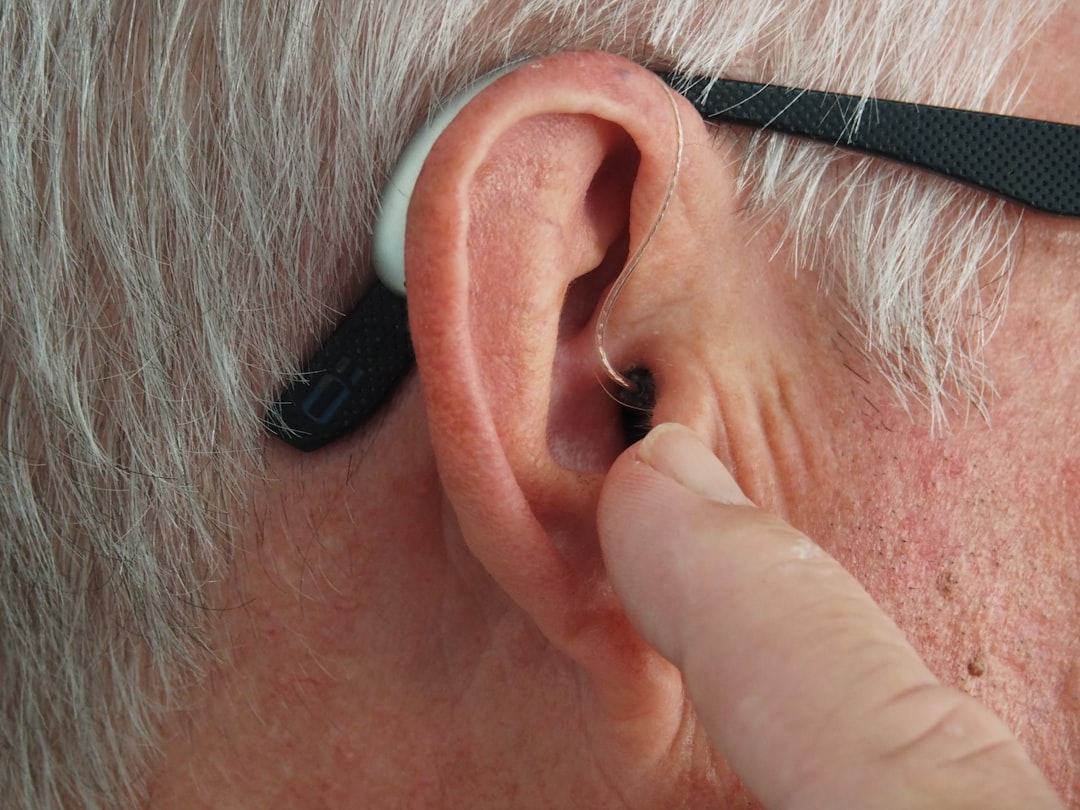
Do you frequently experience ear pain in Atlanta? If so, it’s possible that your temporomandibular joint (TMJ) is causing the discomfort. The TMJ is the joint that connects your jawbone to your skull, and when it becomes dysfunctional, it can lead to a range of symptoms, including ear pain. In this article, we will explore the causes, symptoms, and treatment options for TMJ ear pain in Atlanta.
One possible cause of TMJ ear pain is the misalignment or trauma of the jaw joint. When the TMJ is not properly aligned, it can put pressure on the surrounding tissues, including the ear canal. This pressure can cause ear pain, as well as other symptoms such as jaw pain, headaches, and difficulty chewing. Trauma to the head or jaw can also lead to TMJ issues and subsequent ear pain.
Another common cause of TMJ ear pain is bruxism, or teeth grinding. When you grind your teeth, it puts excessive stress on the TMJ, which can cause inflammation and pain. Many people grind their teeth in their sleep without even realizing it, so if you’re experiencing ear pain, it’s worth exploring whether bruxism could be the underlying cause.
In addition to ear pain, TMJ dysfunction can cause a variety of other symptoms. These may include clicking or popping sounds when you open and close your mouth, difficulty opening your mouth fully, a locked jaw, and facial pain. If you’re experiencing any of these symptoms along with your ear pain, it’s likely that your TMJ is the culprit.
If you’re suffering from TMJ ear pain in Atlanta, there are several treatment options available to you. One of the first steps in treatment is to identify and address the underlying cause of the TMJ dysfunction. This may involve wearing a mouthguard at night to prevent teeth grinding, undergoing dental work to correct misalignment, or exploring other lifestyle changes to reduce stress on the jaw joint.
Physical therapy is another common treatment option for TMJ ear pain in Atlanta. A physical therapist can work with you to improve the strength and flexibility of your jaw muscles, which can help alleviate pain and improve function. They may also use techniques such as ultrasound or electrical stimulation to reduce inflammation and promote healing.
In some cases, more invasive treatments may be necessary for TMJ ear pain. These may include corticosteroid injections to reduce inflammation, or in rare cases, surgery to repair or replace the TMJ joint. However, these treatments are typically reserved for severe cases that have not responded to more conservative measures.
In conclusion, if you’re experiencing ear pain in Atlanta, it’s important to consider whether your TMJ could be the cause. TMJ dysfunction can lead to a range of symptoms, including ear pain, jaw pain, and difficulty opening your mouth. Fortunately, there are several treatment options available, ranging from lifestyle changes to physical therapy to more invasive procedures. Consulting with a healthcare professional who specializes in TMJ disorders can help you find the most effective solution for your ear pain.